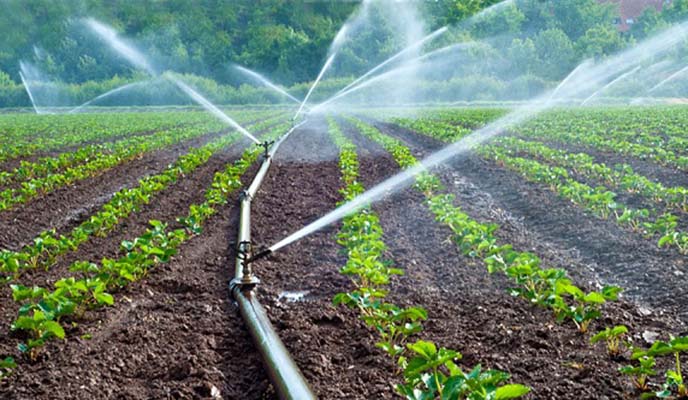
Farmers and other agricultural actors in developing countries are now realising that data, as in agricultural information, is more important than data bundles that are related to mobile airtime usage.
BY CHARLES DHEWA
While mobile and internet services are being sold as enablers of frictionless technological solutions, it is becoming clear that the most useful service is providing space for farmers and other agricultural actors to talk to each other and use all their senses to set their norms and standards. It is no longer about spreading innovations quickly but slowing down a bit and allowing agricultural actors to reflect on what they are learning. The unknown future of ICTs is being questioned through reflective learning.
The people factor is becoming more important. Farmers and other actors have learned to deal with countless problems including poor germination, livestock diseases and high post-harvest losses. Therefore, an infatuation with technological solutions to agricultural problems is useless without meaningful content that speaks to various contexts. As with most difficulties in developing countries, lack of adequate technology is not the biggest problem. Rather it is absence of authentic business models based on real time data.
Learning from market data collection and analysis
eMKambo has set out to build the capacity of communities to collect their own data. Unless you get involved in collecting soil samples to be tested for soil pH, results will not make sense to you as a farmer. Farmers and rural youth should be exposed to the basic building blocks of effective data collection and analysis. In the process they will learn a lot about what it takes to collect high quality data to drive decision making. Unless they understand the data collection and analysis process, they will struggle to make sense of how farming becomes a business.
Revenue generated per produce class in 2015 — Mbare Farmers Market
- Chamisa under fire over US$120K donation
- Mavhunga puts DeMbare into Chibuku quarterfinals
- Pension funds bet on Cabora Bassa oilfields
- Councils defy govt fire tender directive
Keep Reading
The analysis is for the farmers’ market, excluding the wholesale and retail markets which are equally as big. Getting to figures and information in the table is a painstaking process based on recording daily deliveries into the market and monitoring prices of various commodities daily. As shown in the graph, which focuses on tomato supply in Mbare market in 2015, daily information is then condensed into monthly analysis — providing a picture of the situation per month.
Tomato supplies into Mbare Market (tons) 2015
Tomatoes are the most significant horticulture commodities used by almost every household daily. It is involved in the cooking of almost every relish except milk.
From the graph, comparing 2014 with 2015, the former year had more income, mainly because the buying power was still relatively strong. One of the reasons for reduced activity in 2015 is due to the fact that other markets such as Lusaka-Highfield have become active as efforts to de-congest Mbare market gather momentum.
How does the informal agriculture market thrive without advertising?
Technology will only complement rather than replace human agricultural effort. People’s agriculture markets show that coaxing people to make solutions with their own hands and explain the messages in their own words can achieve far more than any advertisements or instructional video. While most formal advertisements tend to try and be more persuasive than informative, for farmers and traders, being informative is about presenting the benefits of a product to the customer; its characteristics and uniqueness. On the contrary, most formal advertisements try to portray products as performing wonders. There is an element of exaggeration which consumers can see through.
In the people’s markets, advertising is more of knowledge sharing and learning based on farmers and traders exchanging knowledge or notes (why should I buy this potato?). Consumers provide feedback on how the potato tasted when cooked and this information is relayed back to the farmer by the trader. Unfortunately, most of this information is un-documented. Unless it is documented most agricultural initiatives will continue mismatching competitive advantages of various commodities.
l [email protected]/[email protected]@knowledgetransafrica.com
Website: www.emkambo.co.zw/www.knowledgetransafrica.com
eMkambo Call Centre: 0771 859000-5/ 0716 331140-5 / 0739 866 343-6












